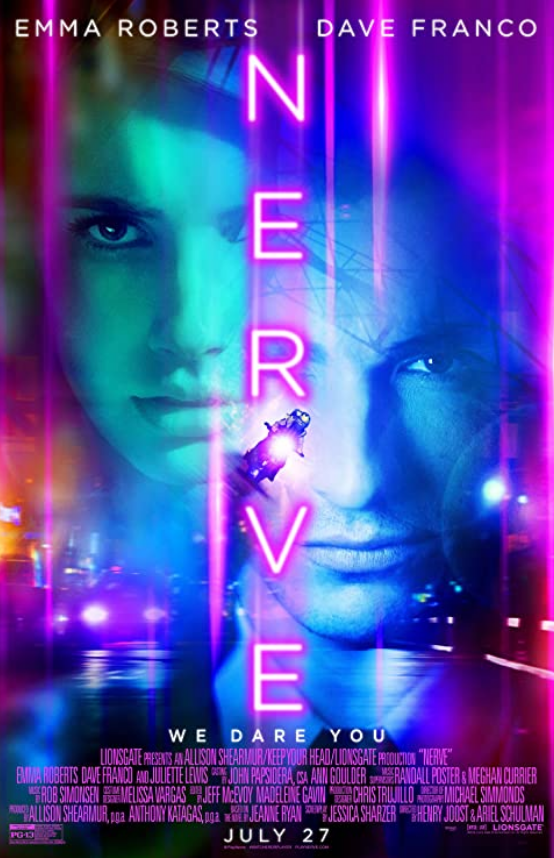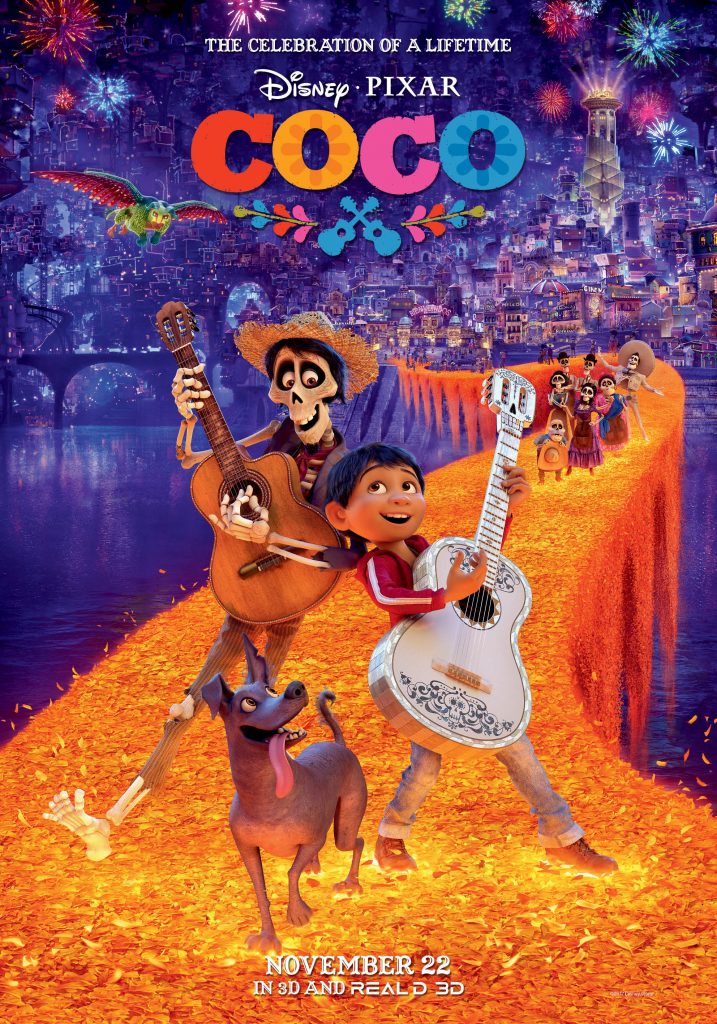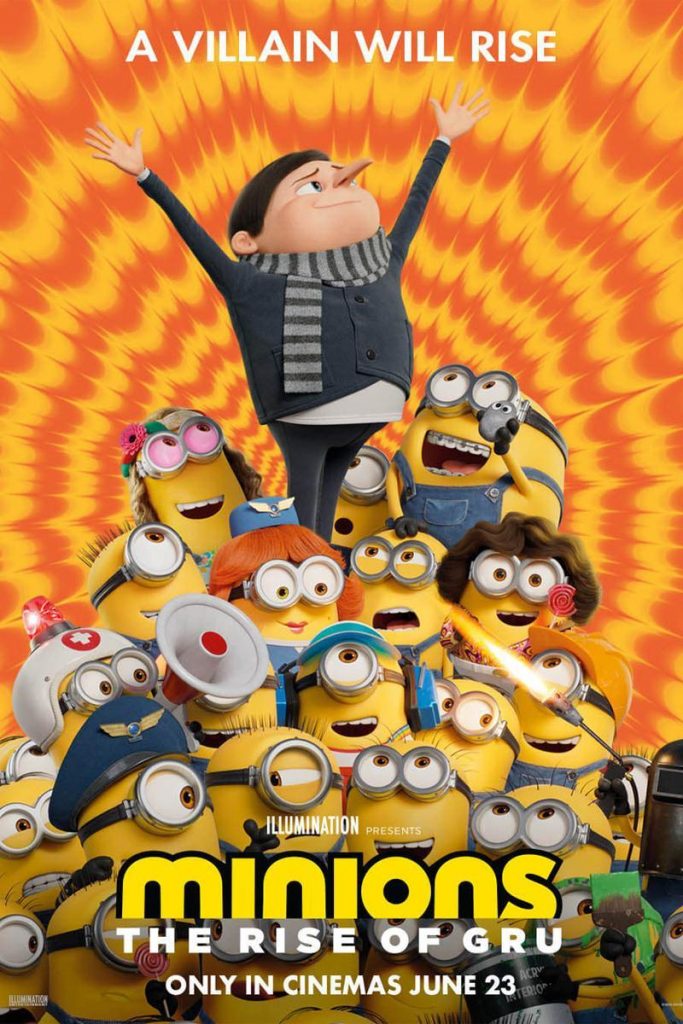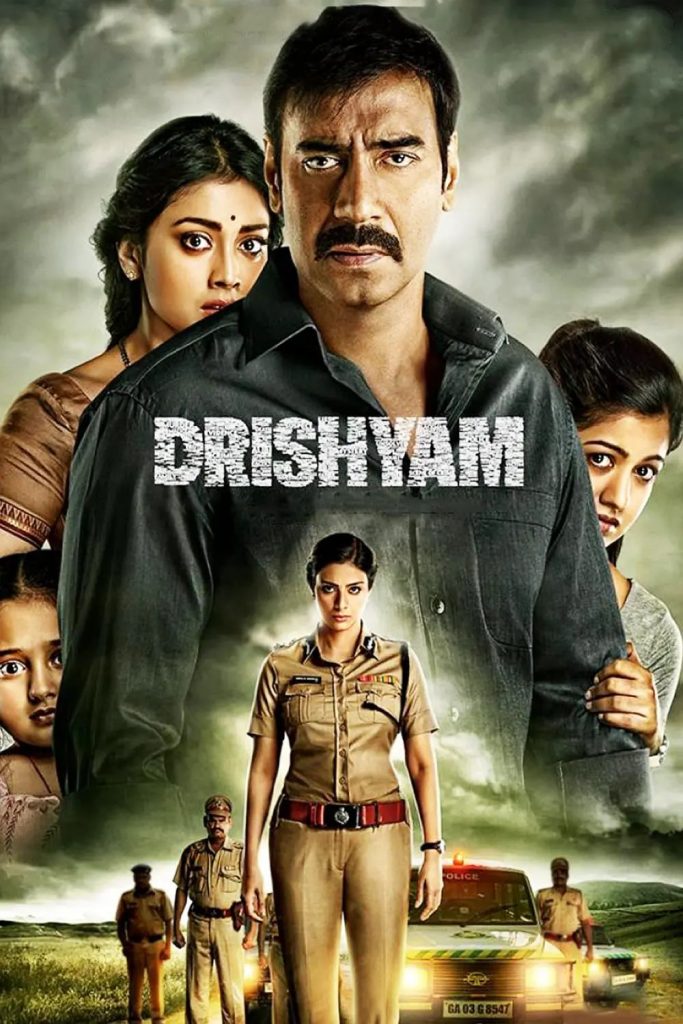The first part of the film, with its unhurried pace and controversial online propositions, could have been a profound depth of content for Nerve, but unfortunately the director loses control like the main character in the second part, making the film, like The Hunger Games, ultimately confined to a shallow pool of teenage films.
In the game set up by the film, the players have to do everything the netizens want to see, and receive money for accepting and completing tasks. Driven by profit, the female protagonist does a series of crazy things, from kissing strangers to running naked and riding in a car, until she finally loses control of the game.
Why do ordinary people living in a civilized age turn into a group of unscrupulous thugs on the Internet with their identities concealed? The film’s shallow approach to this issue, with a heartwarming fairy tale ending, is what I personally consider to be its greatest failure. Perhaps it can only be said that the director and screenwriter have not yet thought of a more subtle way to confront this powerful enemy in the face of a huge online public.
In many realistic online platforms, some people live-stream various kinds of self-mutilation to get highlights, others live-stream vulgar spoofs to make people laugh, and even some beautiful young women live-stream various kinds of pornographic content just to get rewards from their fans, in this virtual platform of the Internet nowadays, money has become a sharp sword that can cut through any bottom line, so how far away is this fabricated “live-streaming” from our reality?
In fact, if it hadn’t ended so poorly, Nerve could have been a more shocking work than films of the same genre such as Battle Royale and The Hunger Games, because the former required either a change in the law or the upheaval of the times, and these almost impossible situations could have been laughed off after watching, but the staging of Nerve in the present world only requires an app and enough viewers.













